Conservation of Energy
9SCIE - Energy for Life
Finn Le Sueur
2024
Mahi Tuatahi
- Collect a sheet, scissors and glue stick (if needed)
- Cut out the strips
- Order them from most energy to least
- Put all your recycling in the green bin (don’t crumple it up!)
- Don’t glue them in yet - you might be wrong!
| Action | Energy |
|---|---|
| Energy to drive a car 100 kilometres | 250,000,000 J |
| Action | Energy |
|---|---|
| Energy to drive a car 100 kilometres | 250,000,000 J |
| Energy stored in one litre of petrol | 34,000,000 J |
| Action | Energy |
|---|---|
| Energy to drive a car 100 kilometres | 250,000,000 J |
| Energy stored in one litre of petrol | 34,000,000 J |
| Energy used by the human body in one day | 10,000,000 J |
| Action | Energy |
|---|---|
| Energy to drive a car 100 kilometres | 250,000,000 J |
| Energy stored in one litre of petrol | 34,000,000 J |
| Energy used by the human body in one day | 10,000,000 J |
| Energy in 30 cents of electricity | 3,600,000 J |
| Action | Energy |
|---|---|
| Energy to drive a car 100 kilometres | 250,000,000 J |
| Energy stored in one litre of petrol | 34,000,000 J |
| Energy used by the human body in one day | 10,000,000 J |
| Energy in 30 cents of electricity | 3,600,000 J |
| Energy in a typical chocolate bar | 1,000,000 J |
| Action | Energy |
|---|---|
| Energy to drive a car 100 kilometres | 250,000,000 J |
| Energy stored in one litre of petrol | 34,000,000 J |
| Energy used by the human body in one day | 10,000,000 J |
| Energy in 30 cents of electricity | 3,600,000 J |
| Energy in a typical chocolate bar | 1,000,000 J |
| Energy to boil one litre of water, starting from frozen | 500,000 J |
| Action | Energy |
|---|---|
| Energy to drive a car 100 kilometres | 250,000,000 J |
| Energy stored in one litre of petrol | 34,000,000 J |
| Energy used by the human body in one day | 10,000,000 J |
| Energy in 30 cents of electricity | 3,600,000 J |
| Energy in a typical chocolate bar | 1,000,000 J |
| Energy to boil one litre of water, starting from frozen | 500,000 J |
| Energy stored in a peanut | 25,000 J |
| Action | Energy |
|---|---|
| Energy to drive a car 100 kilometres | 250,000,000 J |
| Energy stored in one litre of petrol | 34,000,000 J |
| Energy used by the human body in one day | 10,000,000 J |
| Energy in 30 cents of electricity | 3,600,000 J |
| Energy in a typical chocolate bar | 1,000,000 J |
| Energy to boil one litre of water, starting from frozen | 500,000 J |
| Energy stored in a peanut | 25,000 J |
| Kinetic energy of a fast-moving cricket ball | 1,000 J |
| Action | Energy |
|---|---|
| Energy to drive a car 100 kilometres | 250,000,000 J |
| Energy stored in one litre of petrol | 34,000,000 J |
| Energy used by the human body in one day | 10,000,000 J |
| Energy in 30 cents of electricity | 3,600,000 J |
| Energy in a typical chocolate bar | 1,000,000 J |
| Energy to boil one litre of water, starting from frozen | 500,000 J |
| Energy stored in a peanut | 25,000 J |
| Kinetic energy of a fast-moving cricket ball | 1,000 J |
| Energy stored in an AA battery | 1,000 J |
| Action | Energy |
|---|---|
| Energy to drive a car 100 kilometres | 250,000,000 J |
| Energy stored in one litre of petrol | 34,000,000 J |
| Energy used by the human body in one day | 10,000,000 J |
| Energy in 30 cents of electricity | 3,600,000 J |
| Energy in a typical chocolate bar | 1,000,000 J |
| Energy to boil one litre of water, starting from frozen | 500,000 J |
| Energy stored in a peanut | 25,000 J |
| Kinetic energy of a fast-moving cricket ball | 1,000 J |
| Energy stored in an AA battery | 1,000 J |
| Energy from burning one whole match | 1,000 J |
| Action | Energy |
|---|---|
| Energy to drive a car 100 kilometres | 250,000,000 J |
| Energy stored in one litre of petrol | 34,000,000 J |
| Energy used by the human body in one day | 10,000,000 J |
| Energy in 30 cents of electricity | 3,600,000 J |
| Energy in a typical chocolate bar | 1,000,000 J |
| Energy to boil one litre of water, starting from frozen | 500,000 J |
| Energy stored in a peanut | 25,000 J |
| Kinetic energy of a fast-moving cricket ball | 1,000 J |
| Energy stored in an AA battery | 1,000 J |
| Energy from burning one whole match | 1,000 J |
| Energy used to lift up an apple by one meter | 1 J |
| Action | Energy |
|---|---|
| Energy to drive a car 100 kilometres | 250,000,000 J |
| Energy stored in one litre of petrol | 34,000,000 J |
| Energy used by the human body in one day | 10,000,000 J |
| Energy in 30 cents of electricity | 3,600,000 J |
| Energy in a typical chocolate bar | 1,000,000 J |
| Energy to boil one litre of water, starting from frozen | 500,000 J |
| Energy stored in a peanut | 25,000 J |
| Kinetic energy of a fast-moving cricket ball | 1,000 J |
| Energy stored in an AA battery | 1,000 J |
| Energy from burning one whole match | 1,000 J |
| Energy used to lift up an apple by one meter | 1 J |
| Energy to make the human heart beat once | 1/2 J |
| Action | Energy |
|---|---|
| Energy to drive a car 100 kilometres | 250,000,000 J |
| Energy stored in one litre of petrol | 34,000,000 J |
| Energy used by the human body in one day | 10,000,000 J |
| Energy in 30 cents of electricity | 3,600,000 J |
| Energy in a typical chocolate bar | 1,000,000 J |
| Energy to boil one litre of water, starting from frozen | 500,000 J |
| Energy stored in a peanut | 25,000 J |
| Kinetic energy of a fast-moving cricket ball | 1,000 J |
| Energy stored in an AA battery | 1,000 J |
| Energy from burning one whole match | 1,000 J |
| Energy used to lift up an apple by one meter | 1 J |
| Energy to make the human heart beat once | 1/2 J |
| Energy to push a key on a computer keyboard | 1/100 J |
Ngā Whāinga Ako
- Be able to describe the law of conservation of energy
- Be able to give examples of the law of conservation of energy
Types of Energy
Recall from last class the different types of energy:
- Active
- Potential
| Potential | Active |
|---|---|
| Chemical | Kinetic |
| Gravitational | Heat |
| Elastic | Radiant |
| Nuclear | Electric |
| Magnetic | Sound |
For each of the following pictures, write down what the picture is showing you and the type of energy associated with it.
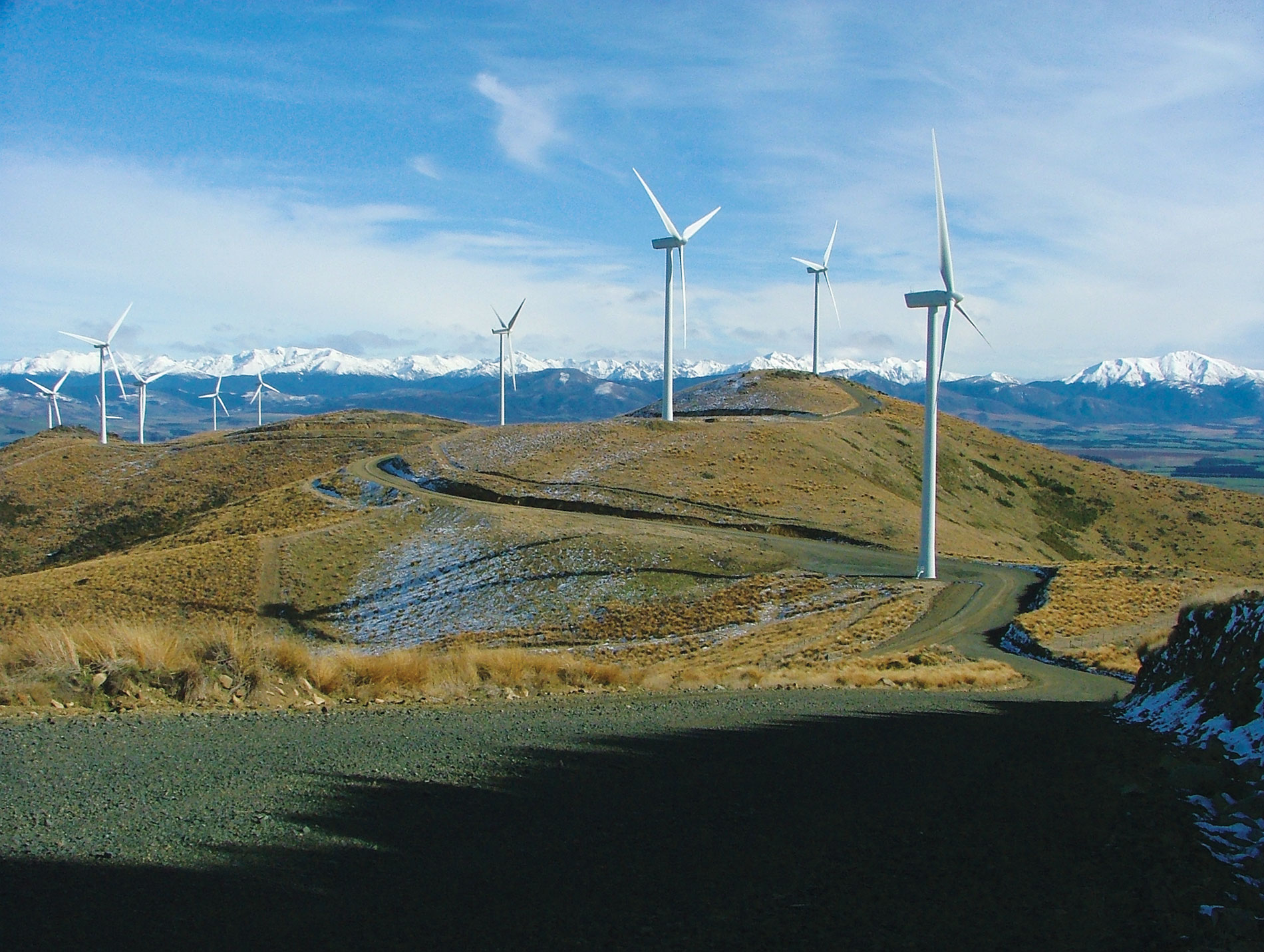
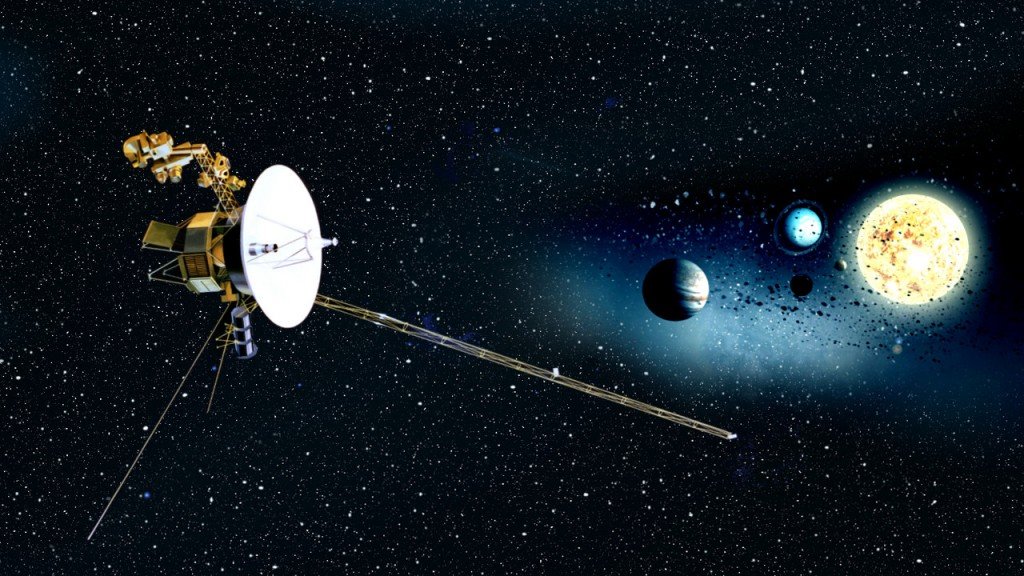
NB: Not a real photo
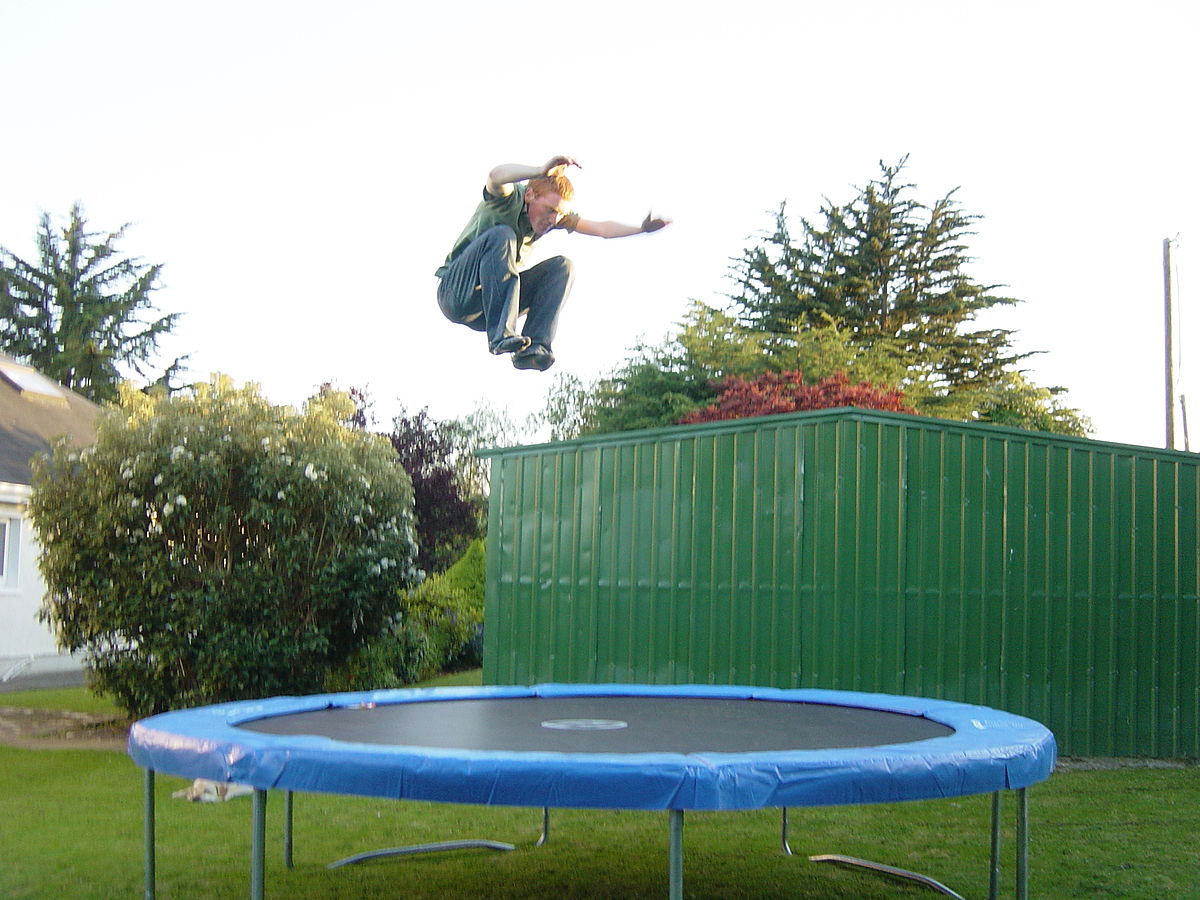
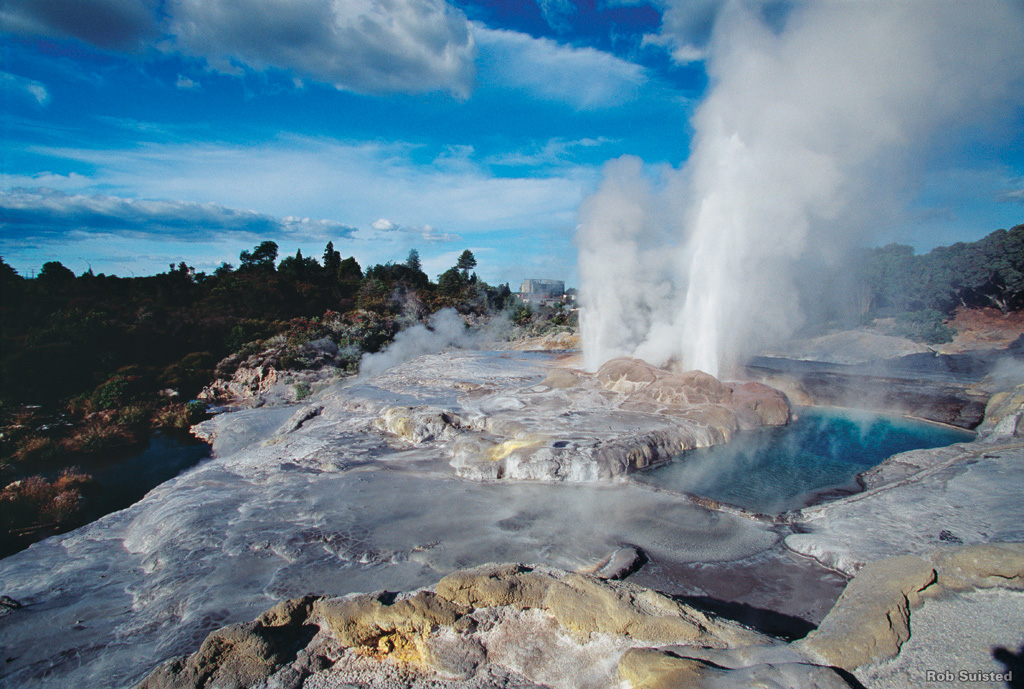
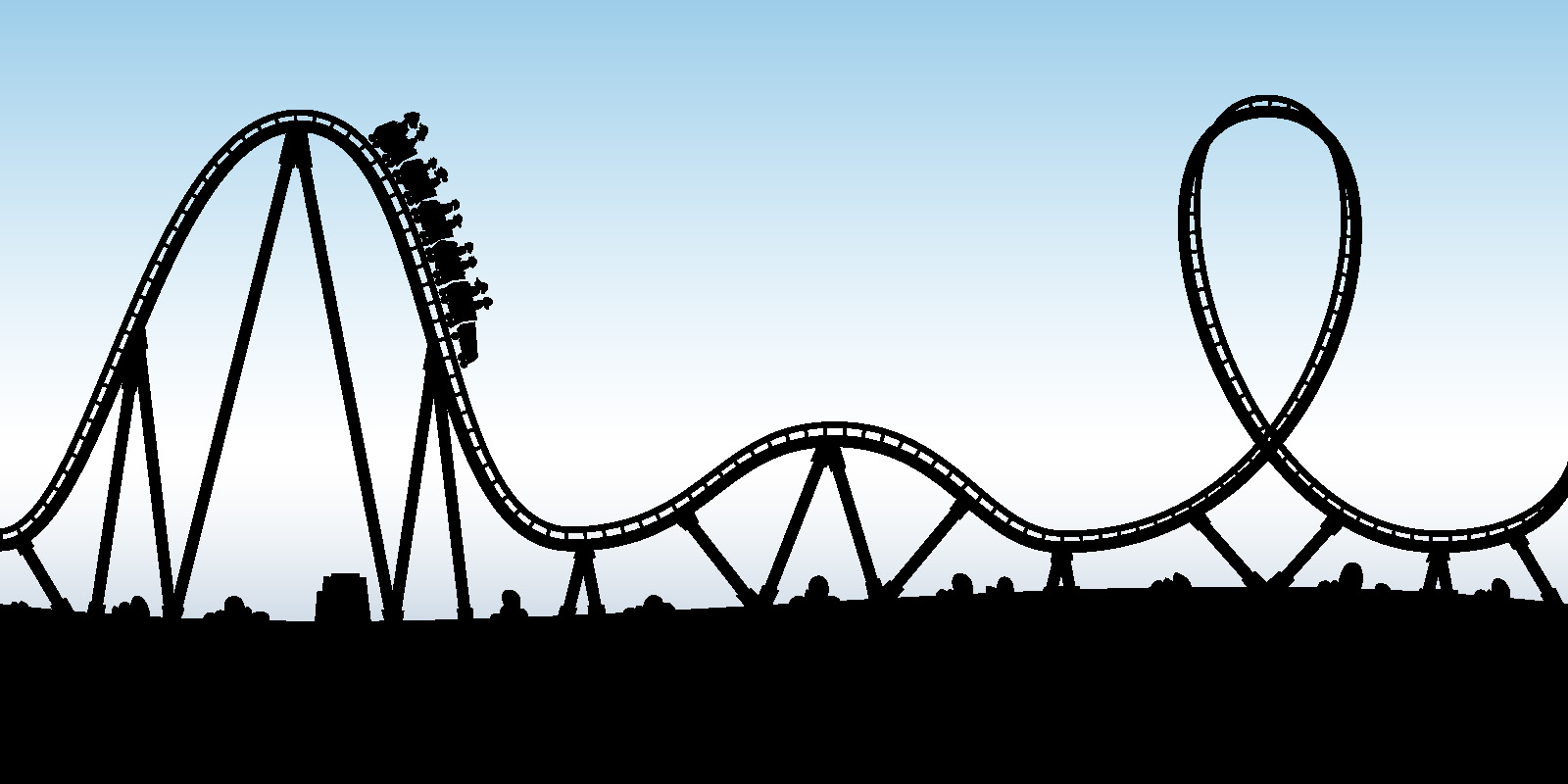
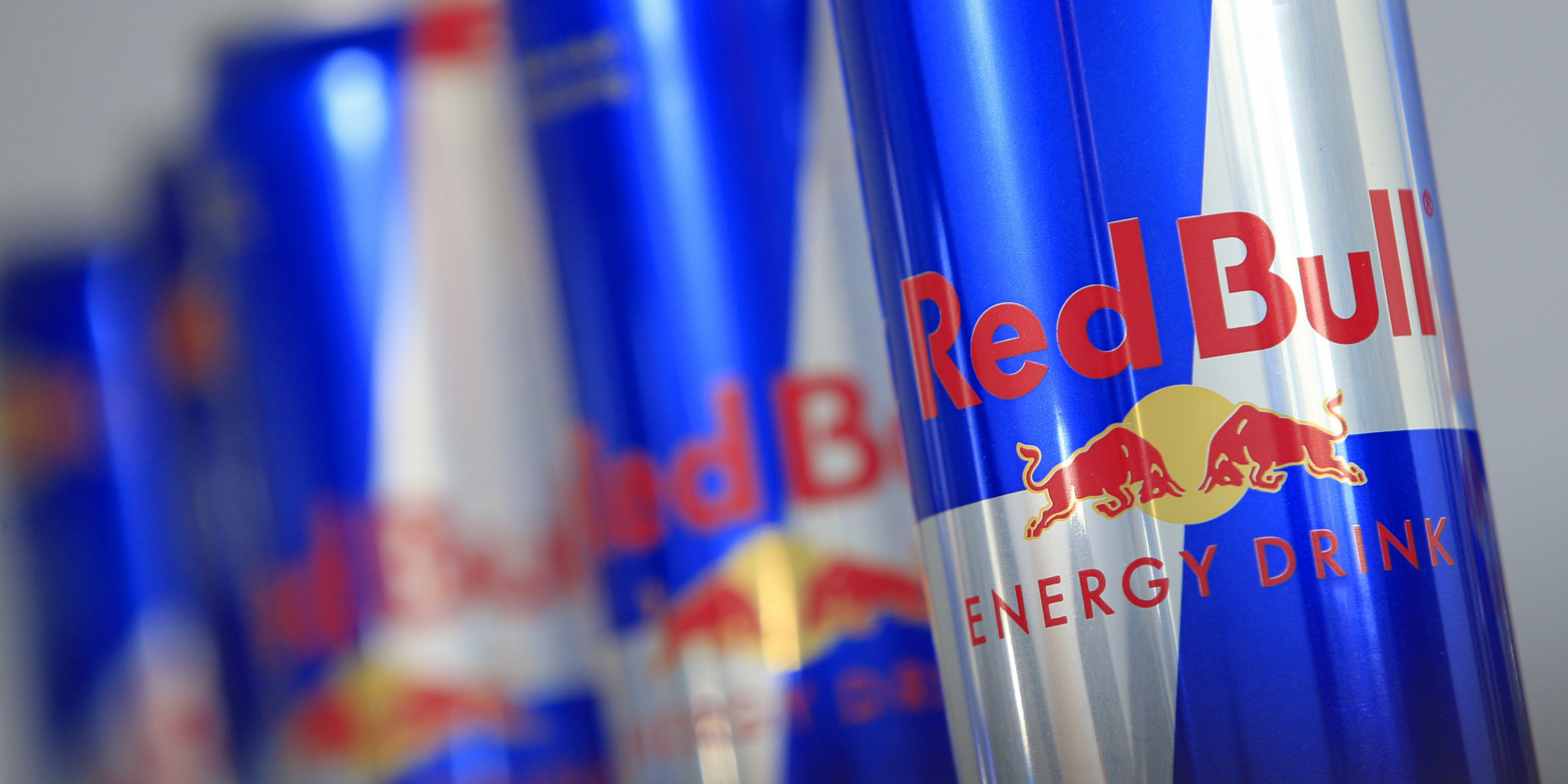
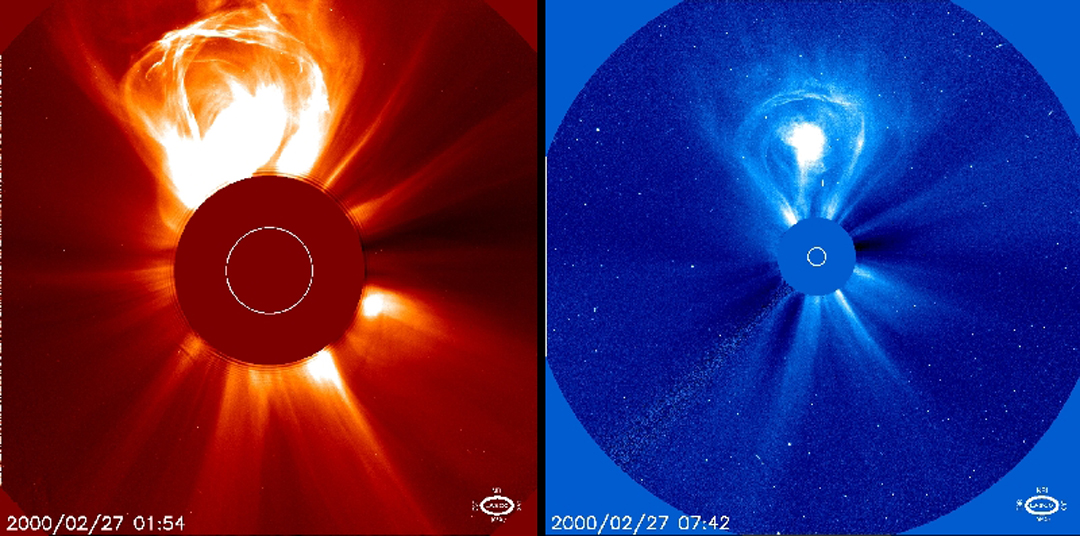
Law of Conservation of Energy
Energy cannot be created or destroyed, only transferred or transformed from one type to another.
This means that energy always comes from somewhere else! It is never created from nothing.
The Pendulum
- The bowling ball has some gravitational potential energy before it is released.
- As long as he does not push the ball it can never get higher than it started.
- This means that it will never hit him in the face!
Another good tauria (example) of the conservation of energy is in hydroelectric power generation. Watch this video to find out about one portion of New Zealand’s hydroelectric scheme.
Hydroelectric Power Generation
- When water is high up a hill it has gravitational potential energy, that is, it has the potential to flow downhill
- By allowing the water to flow downhill (gravitational -> kinetic) through turbines we can spin some generators transforming that kinetic energy –> electrical energy
- By turning some of that kinetic energy into electrical energy, the water loses kinetic energy and thus, slows down
- When we use electricity to boil the jug we are converting electrical energy –> heat energy!
What Is Energy?
- Energy is the ability to do work, the ability or potential to affect some change on the environment or surroundings.
- E.g. the ability to lift something up, to heat something up, to push back (trampoline), to fall etc.
Perpetual Motion?
You may have heard of perpetual motion machines - machines that create infinite energy!
These machines appear to run forever, producing energy forever without consuming any energy.
Unfortunately, they are always a scam! People have been trying to make them since the dark ages but can all be shown to not work due to the law of conservation of energy!